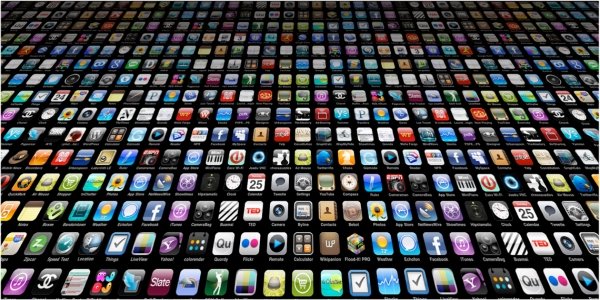Consumer Advocates Crack Down On Video Game Microtransactions

Consumer protection agencies have finally stepped up and stepped in regarding in-app purchases or mobile microtransactions for video games. While most core gamers couldn't care less, it's actually becoming quite a problem for many casuals the world around.
SMH.com.au, not to be confused with the acronym "So Much Hate", did a fairly detailed article on the situation regarding kids, mobile devices and in-app purchases.
The Australian Competition and Consumer Commission or the ACCC, has finally taken action against mobile app offenders who make it too easy or too convenient for kids to rack up massive amounts of in-app purchases using their parent's account.
Deputy commissioner Delia Rickard commented that...
"Staff are looking for apps that are free but in fact involve in-app purchases. Looking at the disclosure that exists in the app store, when you download it, does it tell you that there are in-app purchases? And even if it does tell you, does it give you any details? Many have purchases in apps that kids use that are over $100 [with] just a swipe of your finger,"We are looking at the whole issue of whether or not this is misleading,"
The ACCC is examining more than 300 apps to see if there is any kind of swindling tactics going on to pilfer users out of funds in somewhat dishonest or scheming ways.
Already, there have been multiple reports of some kids inadvertently charging their parents' account for ridiculous amounts. In one case a kid bought $2,500 worth of in-app goods on his parent's iPhone, as reported by iPhone Hacks. In another case, a mother was billed $3,000 for in-app purchases made by her two sons who mistakenly spent crazy amounts on iTunes with the games they were playing, as noted on the New York Daily News.
Rickard went on to state that...
Your Daily Blend of Entertainment News
"It is really very large real money for virtual, transient things,"... "At a minimum we hope that they will improve their disclosure – at the moment I think it is fair to say that Apple's [App Store] disclosure is better than Google's [Play Store], which is extremely patchy – I think we will probably have a range of issues that come out of the sweep."

Don't think that the money pits in apps are designed just to pillage the wallets of parents through the piqued and petite fingers of petty kids. Even those of ample age have fallen victim to the in-app purchase scheme, with games like Real Racing 3 becoming a prime example of cashing in on impulse gameplay centered around in-app ad purchases, which saw some gamers easily rakcing up $500 worth of microtransactions in a short period of time, as reported by Destructoid.
ACCC spokesman, Asher Moses stated that...
"ACCAN research has uncovered several game apps which engage in these practices, including The Simpsons: Tapped Out, The Hobbit: Kingdoms and Tap Paradise Cove. In The Simpsons: Tapped Out, ACCAN found a situation where the player is required to either wait 90 days for a crop of corn to grow, or purchase 1,060 doughnuts for $48.58 to complete the task instantly. The research also found disclosures around in-app purchases on both the iTunes Store and the Google Play store were often minimal and inadequate,"
This will be an uphill struggle for the ACCC, though, as we recently noted that new reports indicate that in-app purchases and mobile ad engagement is at an all time high. And according to ad management and research agency Mediabrix, the ads are aimed at capitalizing on more than 250 million mobile users.
While I'm usually of the belief that parents should be better monitoring what their kids play, it is easy to see how nefarious designed monetary schemes can trick some users into spending real money attached to a credit card by confusing the in-game funds with real-life funds.
As one parent noted...
"I was alerted by emails from the Apple store about transactions made in the middle of the night in Singapore when they were processed. I initially thought someone had hacked into my iTunes account. I went straight to the bank who cancelled my card so the pending transactions were stopped.My son confessed, making the connection. He thought he was playing with game money not real money. I also contacted the iTunes store and had everything reversed. It was really difficult to work out how to contact them, and it is by email only so took some time,''
While stricter parenting is a must, I'm definitely on the side of the ACCC with making in-app purchases and microtransactions more transparent for users, you know, sort of the way EA is always throwing microtransactions up in our faces in their $60 games.
Staff Writer at CinemaBlend.

